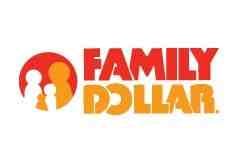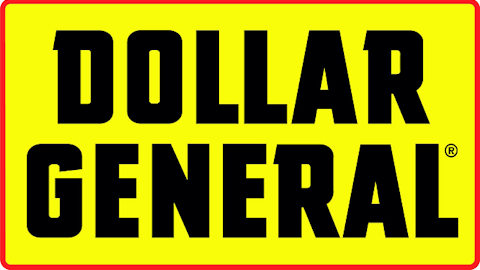A director at Deloitte Services LP and coauthor of The Three Rules: How Exceptional Companies Think, Michael Raynor joins the Fool to share his findings about what makes a company successful for the long haul.
In this video segment, Michael shares the surprising case of Family Dollar Stores, Inc. (NYSE:FDO) to show how following the three rules of exceptional companies can allow even a discount retailer to shine. The full version of the interview can be seen here.
A full transcript follows the video.
The retail space is in the midst of the biggest paradigm shift since mail order took off at the turn of the last century. Only those most forward-looking and capable companies will survive, and they’ll handsomely reward those investors who understand the landscape. You can read about the 3 Companies Ready to Rule Retail in The Motley Fool’s special report. Uncovering these top picks is free today; just click here to read more.
Brendan Byrnes: J.C. Penney Company, Inc. (NYSE:JCP) is a company that’s obviously been struggling lately. Could we talk about, in your framework, how they fit in and what rules they’re following and not following? What do you think?
Michael Raynor: Yeah. I guess I’d have to say that’s one where I just don’t have enough information to have an opinion, I’m afraid. There’s a lot of companies out there. Can’t know them all.
Brendan: Not a problem at all. What about the surprising amount of dollar-store companies that are public? You have Family Dollar Stores, Inc. (NYSE:FDO), Dollar Tree, Inc. (NASDAQ:DLTR), Dollar General Corp. (NYSE:DG). You mention, in particular, Family Dollar Stores, Inc. (NYSE:FDO), which is the lowest market cap out of all of those, as doing the best, an exceptional company. Why?
Michael: Great example there. It’s a Miracle Worker. They’ve had extraordinarily high profitability for an extraordinarily long period of time. We compared them there to some of the giants of the discount retail sector.
They’ve enjoyed material profitability advantages and, curiously enough, for reasons that I would think are consistent with the rules. When you look at their model, they don’t build 100,000 square-foot superstores in the exurbs. They have tended — and I’m talking about, again, the last 30-40 years — they have tended to build much smaller stores, closer to urban centers.
They are a higher-cost operation, by and large. They have lower asset turns than other discount retailers, but they get paid for it. They break bulk profitably, so they have in fact the kinds of pricing premiums — even in discount retail, for crying out loud, I want to say — in ways that drive their superior profitability.
That one really surprised us, because if we were going to find an exception, we would have thought we’d have found it there. But we didn’t.
The article Family Dollar: Top Dog in Discount Retail originally appeared on Fool.com.
Brendan Byrnes and The Motley Fool have no position in any of the stocks mentioned.
Copyright © 1995 – 2013 The Motley Fool, LLC. All rights reserved. The Motley Fool has a disclosure policy.




